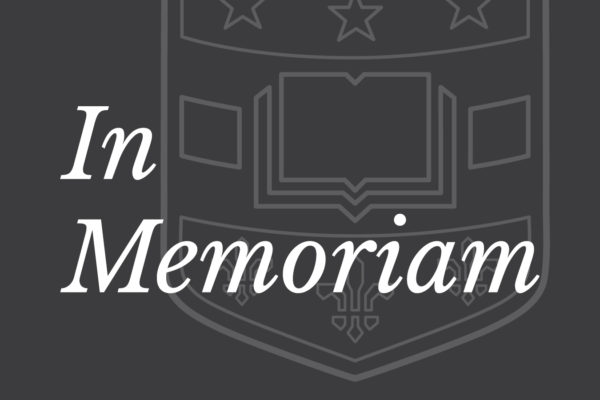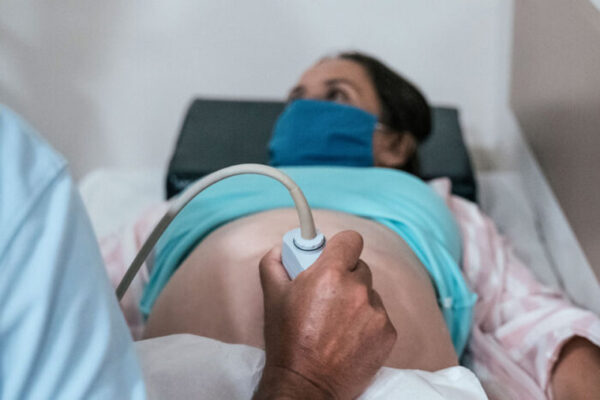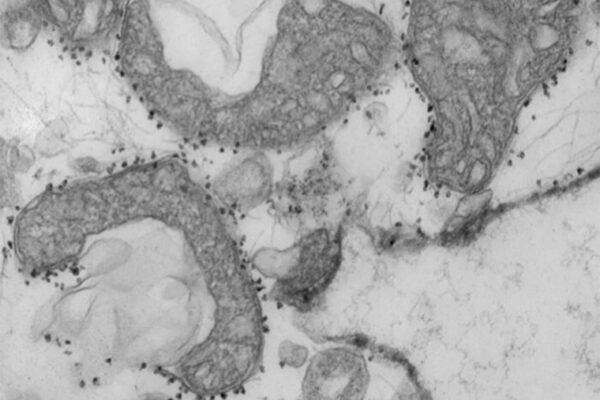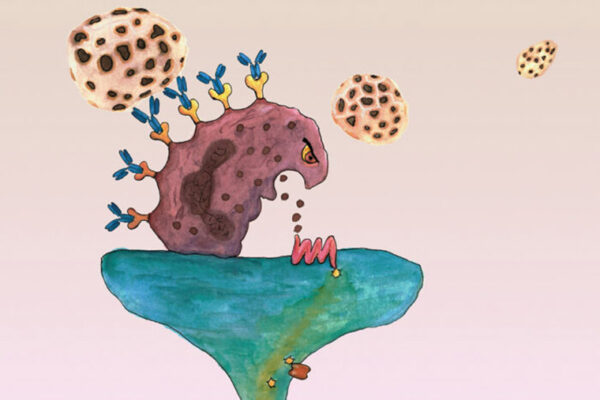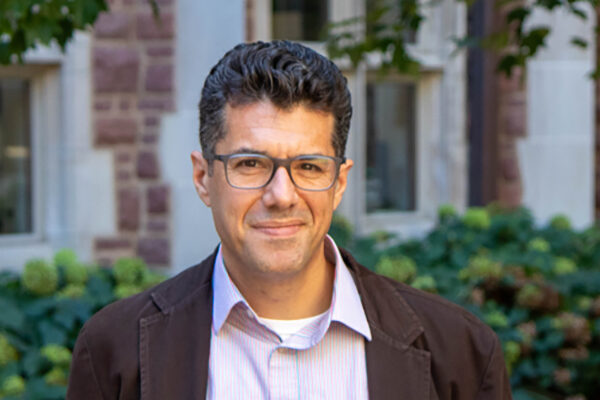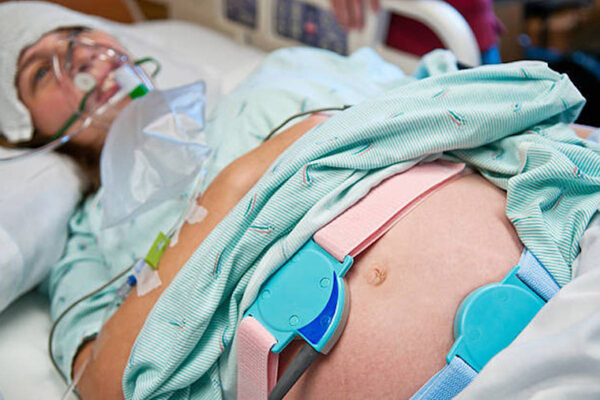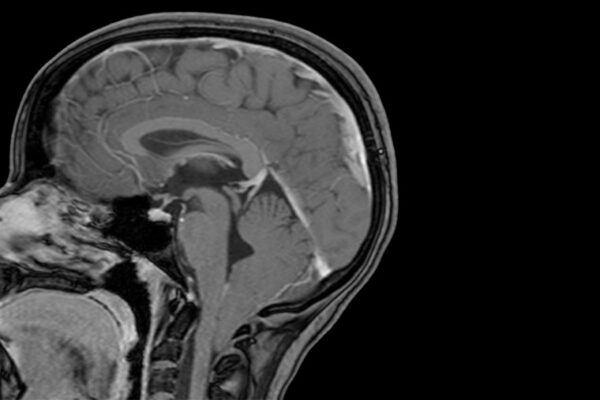The first 100 Biden/Harris days
Faculty experts from across Washington University in St. Louis draw upon their research, their instruction, their experience and their thought leadership to proffer insight and ideas for the new administration, the new beginning.
Obamacare to get a rebuild
Dr. Karen Joynt Maddox expects the new Biden/Kamala Harris administration to retool and reinforce Obamacare, rather than the previous administration’s failed attempts to repeal and replace. She offers areas ripe for both quick and gradual change: reinstating health discrimination protection, investing in insurance enrollment, creating the “public option,” and broadening competition in insurance markets.
Luis Glaser, former head of biological chemistry department, 88
Luis Glaser, a beloved mentor and former head of the then-Department of Biological Chemistry at Washington University School of Medicine in St. Louis, died Dec. 23, 2020, in Miami after a long illness. He was 88.
COVID-19 impact on pregnant women focus of NIH grant
School of Medicine researchers have received an NIH grant to study factors that prevent pregnant women from getting tested for COVID-19; to evaluate the importance of testing regularly during pregnancy; and to see whether pregnant women with COVID-19 need specialized care.
Rapid blood test identifies COVID-19 patients at high risk of severe disease
A new study from Washington University School of Medicine in St. Louis suggests that measuring mitochondrial DNA in the blood of patients with COVID-19 can help predict which patients are at highest risk of severe disease, requiring more intensive care.
Acute itching in eczema patients linked to environmental allergens
New School of Medicine research indicates that allergens in the environment often are to blame for episodes of acute itch in eczema patients. Researchers found the itch signals are being carried to the brain along a previously unrecognized pathway that current drugs don’t target.
Infectious diseases organization honors five faculty
Five faculty members at the School of Medicine have been elected fellows of the Infectious Diseases Society of America (IDSA). They are Ernie-Paul Barrette, MD, Jeffrey Henderson, MD, PhD, David Hunstad, MD, Stephen Liang, MD, and Hilary Reno, MD, PhD.
Psychonomic Society recognizes Zacks with Mid-career Award
Jeffrey Zacks, associate chair and professor of psychological and brain sciences in Arts & Sciences, and of radiology at the School of Medicine, received the Mid-career Award from the Psychonomic Society.
For moms, oxygen during childbirth often unnecessary
Researchers at Washington University School of Medicine have found that there is no benefit in providing supplemental oxygen to mothers during labor and delivery, a decades-long and common practice. Infants born to women who received supplemental oxygen fared no better or no worse than those born to women who had similar labor experiences but breathed room air.
Common brain malformation traced to its genetic roots
Researchers at Washington University School of Medicine have shown that Chiari 1 malformation can be caused by variations in two genes linked to brain development and that children with large heads are at increased risk of developing the condition.
View More Stories


